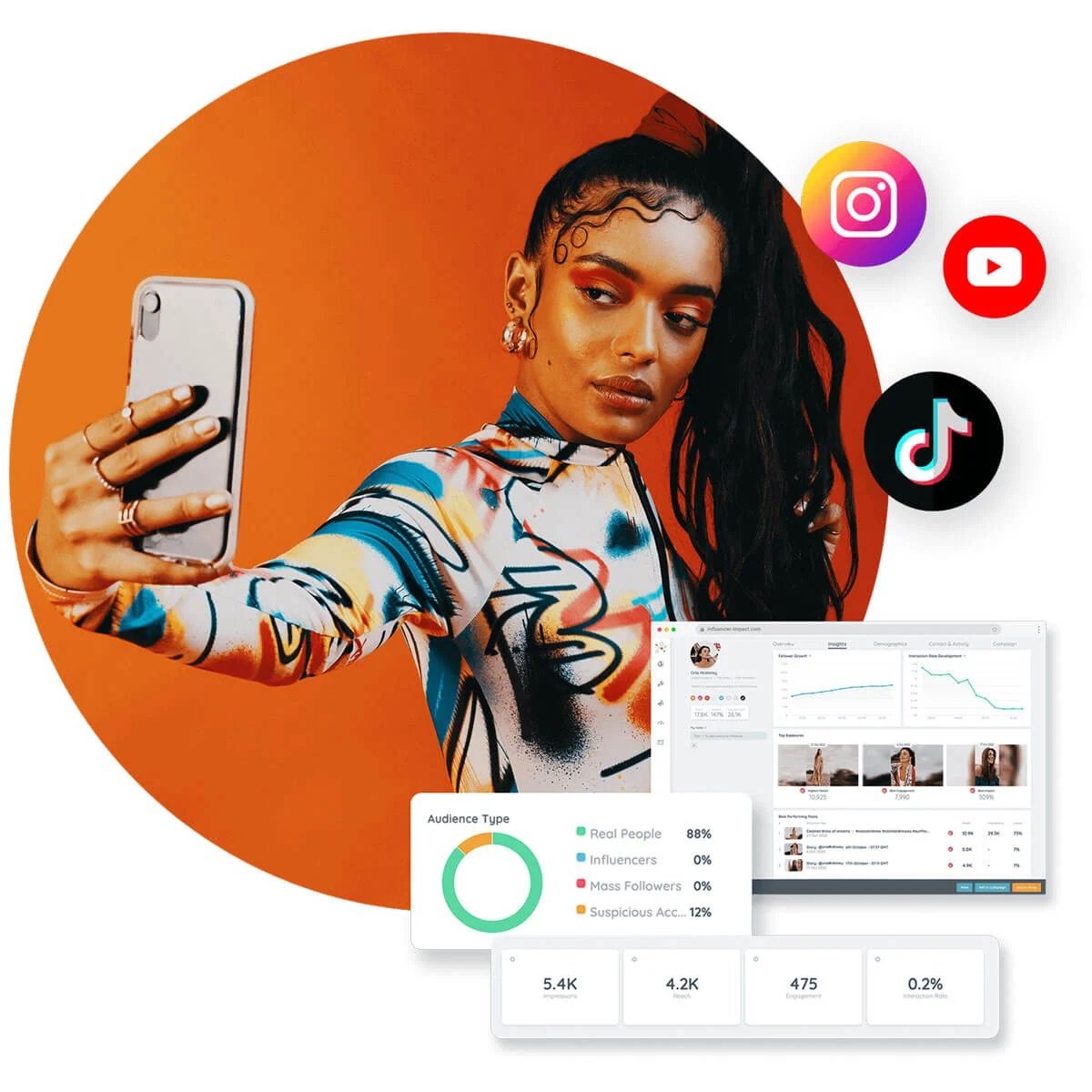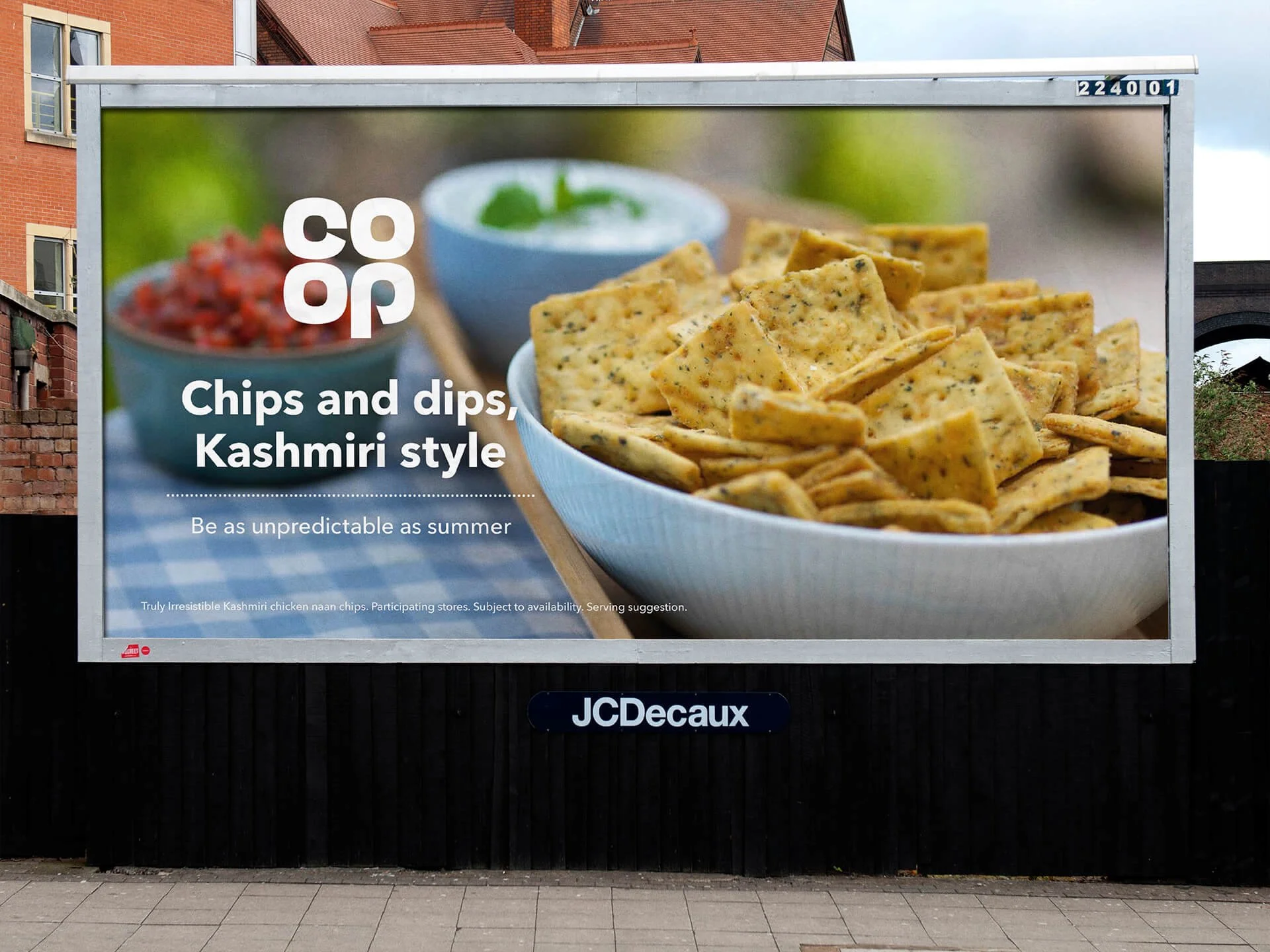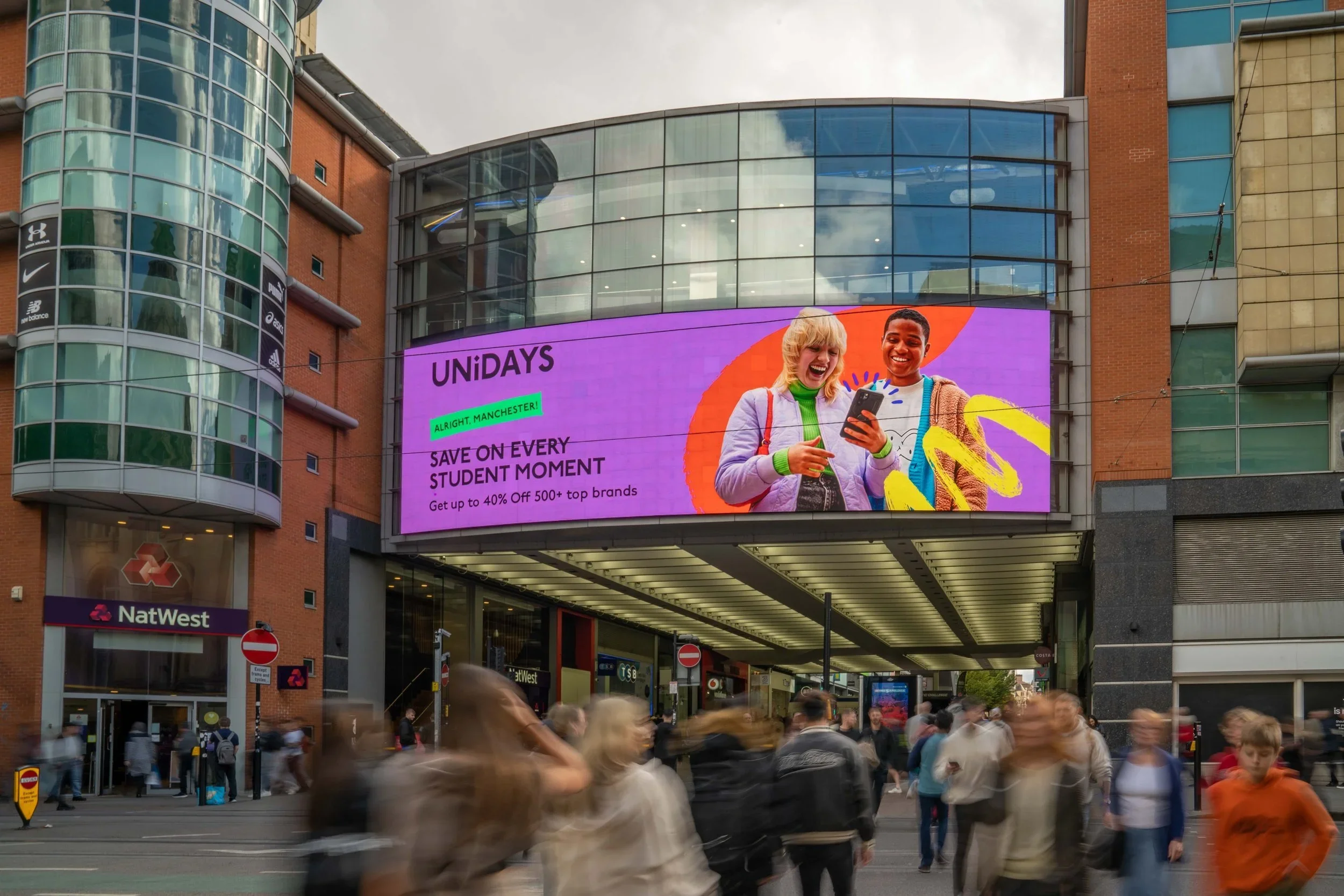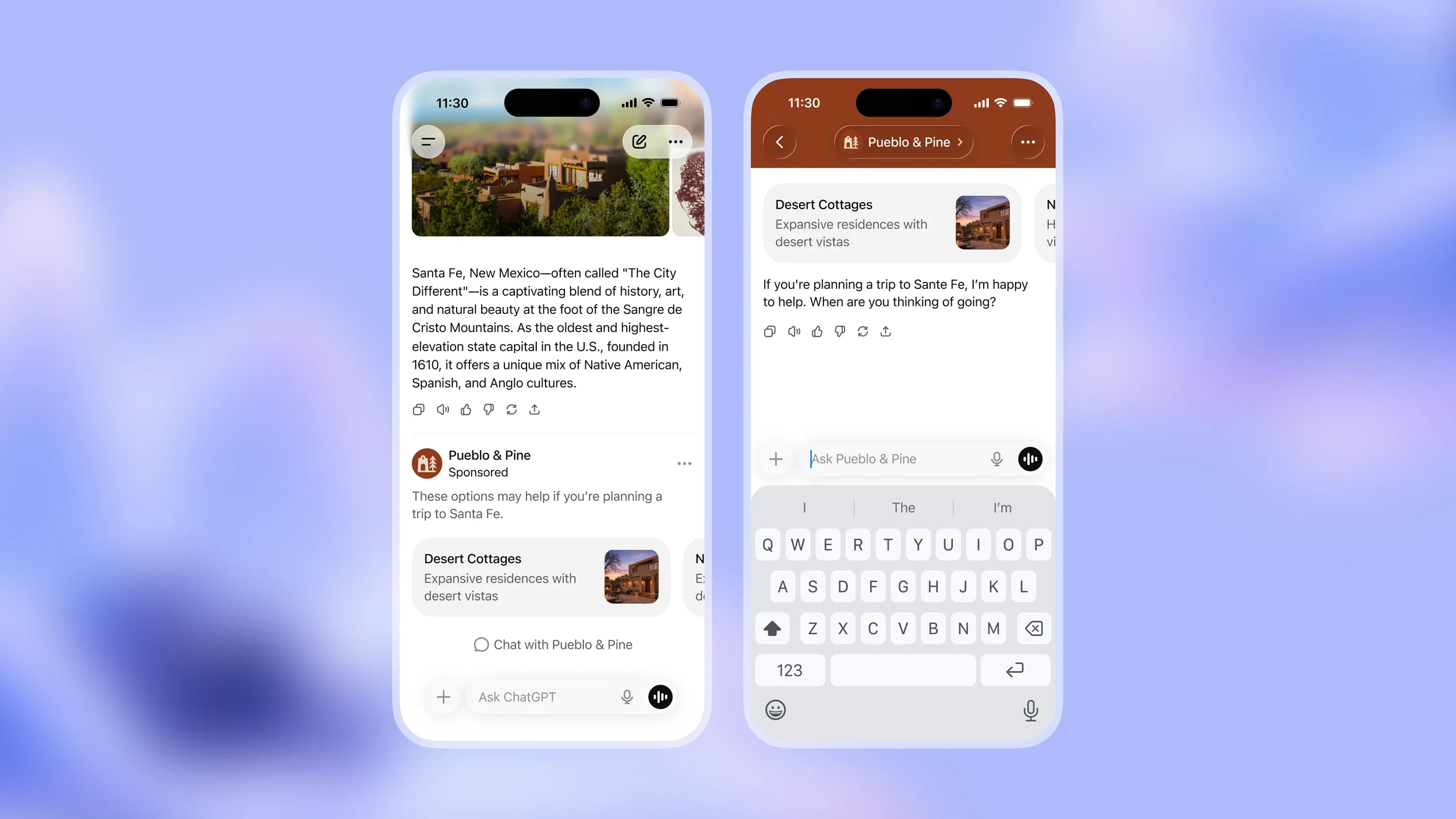The truth about influencer marketing and gifting 🎁
Influencer Marketing.
Key Takeaways
Authenticity wins – gifting feels more genuine than transactional ads, building trust through organic influencer storytelling.
Low cost, high potential – compared with big-budget partnerships, gifting is inexpensive yet scalable across micro and macro influencers.
Not for everyone – gifting works best with desirable, consumer-friendly products and requires comfort with unpredictable outcomes.
The Many Shapes of Influencer Marketing
There are as many influencer marketing strategies as there are brands in the world. No two are identical—because no two brands are identical, and neither are the influencers they partner with.
That means the way they work together will always be unique. For some brands, long-term ambassador relationships are the right solution. For others, big-budget celebrity campaigns make sense. For many, smaller-scale collaborations with micro-influencers deliver the highest ROI.
But what about product gifting?
For years, sending products to influencers has been one of the simplest and most widely used strategies. At first glance, it seems almost too obvious: send your product, let the influencer try it, and hope they share it. Yet, despite how common it is, gifting is not automatically right for every brand.
And yet, gifting remains a force to be reckoned with. When executed well, it can catapult products into the spotlight, generate authentic advocacy, and even outperform paid partnerships in terms of trust.
So, why does gifting work so well? How do the best advertisers use it effectively? And how can you decide if it’s the right fit for your brand?
How Does Influencer Gifting Work?
At its core, influencer gifting is straightforward: a brand sends a free product to an influencer in the hope that they will feature it on their channel. But the difference between a forgettable package and a campaign that sparks advocacy comes down to strategy.
1. Choosing the Right Talent
The first and most important step is choosing the right influencers. Not every influencer will be a fit, even if they have the right demographic on paper. The real question is: is this influencer right for us?
Considerations include:
Audience relevance – Does the influencer’s following align with your target customers in terms of demographics, location, and interests?
Credibility – How trustworthy and authentic is the influencer seen to be within their niche?
Content style – Does their creative output match your brand’s aesthetic and tone?
It’s also worth remembering that influencers receive countless products every week. They are selective about what they showcase. The influencers most likely to feature your brand are those who feel genuine passion for your product and can see how it adds value to their audience.
In other words, don’t just send your product to the biggest names you can find. Be deliberate.
2. Choosing the Right Product
Once you’ve chosen the right talent, the next step is deciding what product to gift—and how to gift it.
This is where creativity matters. The product must feel relevant and exciting. If possible, gift something that solves a problem, adds value, or fits seamlessly into the influencer’s lifestyle.
Packaging also makes a difference. A personalised note, thoughtful presentation, or exclusive touch (such as a limited-edition version or early access) shows care and elevates the product beyond just “free stuff.” Influencers are more likely to share when they feel a real connection to the brand.
3. Creativity in Content
If the influencer decides to showcase your product, this is where the magic happens.
They may post an unboxing video, share a review, or include the product organically in their daily content. The beauty of gifting is that this content often feels authentic—it is the influencer’s own creative take, in their own voice, on a product they’ve chosen to highlight.
Brands can also amplify the impact by requesting permission to repurpose influencer-generated content across their own channels. This can provide a steady stream of authentic creative assets for organic posts or even paid ad campaigns.
4. Reporting and Learning
Finally, as with any marketing effort, measure the results. Track engagement, reach, and conversions linked to influencer posts. Analyse which influencers drove the most meaningful interactions and which products generated the most buzz.
Reporting helps refine future gifting campaigns—identifying the influencers worth building deeper partnerships with, and flagging areas for improvement.
Why Influencer Marketing Gifting Works
Despite the evolution of influencer marketing, gifting retains a special power. Here’s why:
1. It Feels Authentic
Audiences are increasingly sceptical of polished, transactional partnerships. Gifting allows influencers to feature products they genuinely like without the heavy “#ad” feeling. To followers, it feels like a recommendation from a trusted friend rather than a paid promotion.
2. It Builds Trust at Low Cost
Compared with large-scale paid influencer campaigns, gifting is relatively low investment. It gives brands access to influencers’ creativity and audiences without the same upfront fees.
3. It Scales Easily
From niche micro-influencers to larger creators, gifting can scale flexibly. Sending products to a wide group of influencers increases the chance of generating organic buzz.
4. It Leverages Storytelling Skills
Influencers are skilled storytellers. They know how to shoot, edit, and share in ways that resonate with their audiences. By gifting, brands tap into that skillset at minimal cost.
Is Gifting Right for Your Brand?
Gifting works best under certain conditions:
You have a consumer-friendly product that influencers can use, test, or showcase visually (fashion, beauty, food, fitness, lifestyle, tech gadgets).
Your product is desirable enough to spark excitement on its own. Sending mundane or difficult-to-use products rarely inspires organic content.
You are comfortable with unpredictability. Gifting campaigns don’t guarantee coverage. Some influencers may never post. Success requires sending enough products to generate momentum.
You’re open to creativity. Influencers will present the product in their own style, which may differ from your brand’s tone.
If your brand is B2B, operates in a highly niche category, or lacks the ability to ship products easily, gifting may not be the most effective strategy. In those cases, paid partnerships or thought-leadership content might be better investments.
Best Practices for Effective Influencer Gifting
Be selective – Don’t mass-send products blindly. Curate your influencer list carefully.
Personalise – Add thoughtful touches that make the influencer feel valued.
Set expectations – While gifting is not a contract, provide clear product information and brand story to guide content.
Repurpose content – With permission, use influencer-created content across ads, social, and email to extend ROI.
Measure results – Track engagement, clicks, and conversions to understand which influencers and products work best.
Final Word
Influencer marketing has grown more sophisticated, but gifting remains one of its most effective—and cost-efficient—tactics. When done thoughtfully, it allows brands to harness authentic advocacy, creative storytelling, and trusted recommendations that audiences genuinely respond to.
Not every brand will benefit equally, and not every influencer will say yes. But for those with the right products and the right strategy, gifting offers a powerful way to reach consumers without the scepticism that often comes with traditional advertising.
The truth is simple: people still trust people. And influencer gifting, when executed with care, taps directly into that trust.
To learn more about Influencer Marketing and Gifting, get in contact today.












